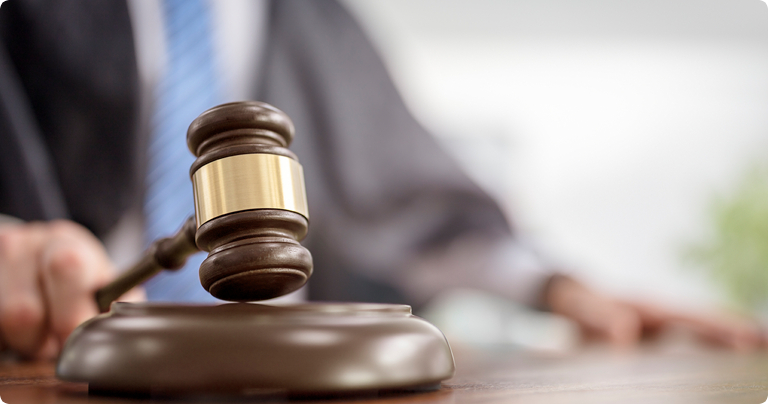The federal criminal process has its own rules that differ from the requirements in individual states. Anyone accused of a felony at the federal level will first have the case against them presented to a grand jury.
In Minnesota, grand juries can also play a role in bringing state criminal charges against someone suspected of a serious crime. Generally, a grand jury will weigh the validity of the evidence in a case where the highest sentence is possible if convicted. Since Minnesota does not have the death penalty, that means a grand jury plays a role in any case punishable by life imprisonment.
As someone worried about federal charges or facing the most severe state charges, understanding the grand jury process can give you a better idea of what to expect in the immediate future and help you prepare to fight back.
Grand jury proceedings are not a criminal trial
Criminal trials are generally open to the public and the press. The goal is the promotion of fair and neutral courts that give everyone an impartial trial. Everything said and presented in court becomes part of the public record. The same is not true for grand jury proceedings.
Grand jury proceedings are usually closed events that involve prosecutors presenting evidence to a jury selected to be neutral. By sealing the records, prosecutors aim to encourage witnesses and others to agree to cooperate.
Essentially, prosecutors have to convince a grand jury that they have enough evidence to argue a case for conviction. Only if the grand jury agrees that the evidence supports the charges will the accused party face a criminal indictment.
However, the case they present may not be as honest or realistic as the one they present in open court. Also, defendants don’t get to present their side of the case. Many critics warn that the process makes it far too easy to indict people.
Your rights if a case is going to a grand jury
While you can’t present your own evidence or defense at a grand jury, the fact that a prosecutor will convene a grand jury gives you a warning to prepare yourself.
You have the right to defend yourself if state or federal prosecutors do charge you. The sooner you begin gathering evidence, talking to experts and preparing a defense, the better your chances of succeeding if you do end up going to court.

